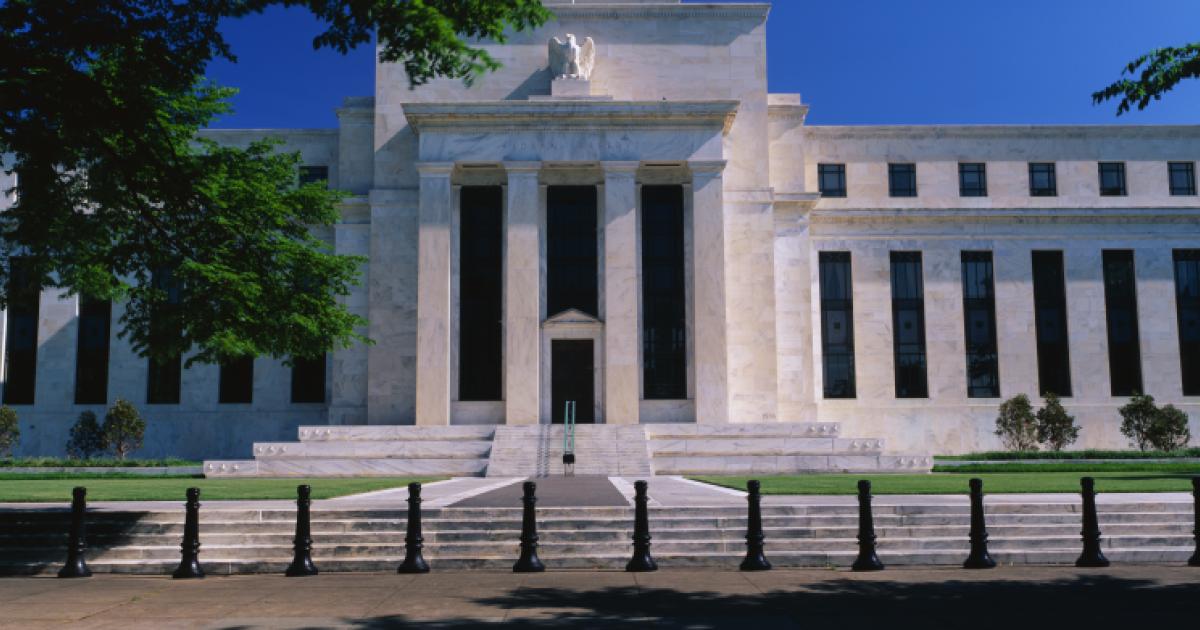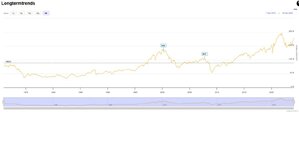I've noticed Jason has been quite absent from this thread even though he asked for it.
Yes, I haven't logged on to the forum for several days. Maybe one day you'll figure out how to notice that. Every profile shows that stat.
That'd require him to actually express a position, of which we need to wait for the next blue moon.
Why does your eagerness to pretend I don't express my positions make you also pretend that I agree with your assessment? Never mind answering, the question answers itself.
Okay,
@Swammerdami , you wanted to know what would be used for money if it were not a centrally controlled endeavor. To understand that you have to start at the beginning.
What is money? It is a store of value. You accept money because you believe you will be able to exchange it for desired goods and services. Just because something is presented as money doesn't mean it will be accepted as such. When the US invaded Iraq, the US tried to issue a new Iraqi currency, but the Iraqi people rejected it and the US government was forced to resume printing the pre-invasion currency.
What makes a good currency? There are several key requirements.
1. It has to be relatively scarce. Too little of it and it won't be divisible enough, too much of it and the relative worth would mean carrying large amounts just for simple transactions.
2. It has relatively few other applications. Sure, you could burn federal reserve notes to keep warm, but obviously that isn't the best option. Copper and iron are very widely used in industry for example.
3. It has to be durable. It is true that in specific sub-groups other commodities are used as currency, such as the famous example of cigarettes in jail, and cigarettes aren't all that durable, but in general you want something that will stick around and last a while. Also I witnessed kids doing post-Halloween candy trading and the bite-sized snickers eventually became the temporary currency that all other candy was measured against.
4. It has to be divisible. Since most of our currency exists inside computers, it is very easy to divide it even smaller if we wanted. Gemstones are not divisible without some loss.
5. It has to be fungible. One bit of it is like any other. A dollar is a dollar. A euro is a euro. A pound is a pound. If we both take a dollar out of our pockets and exchange them, neither of us is made any worse for it because a dollar is a dollar.
Those are key requirements of money being used as a store of value for exchange purposes.




